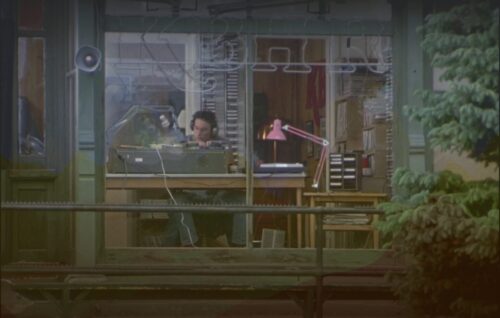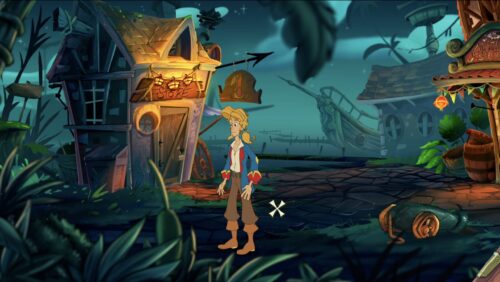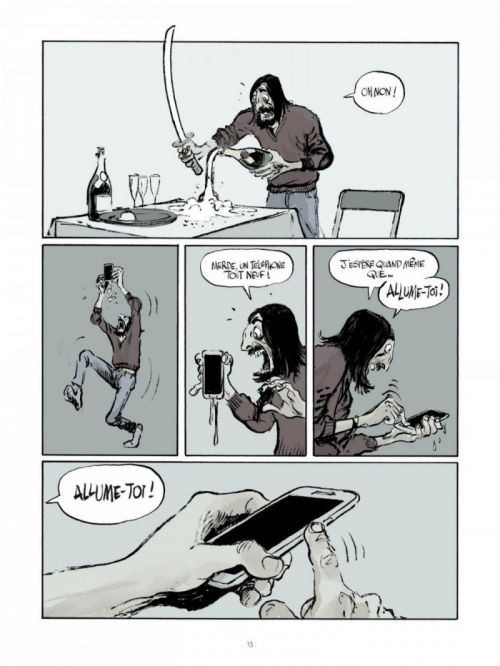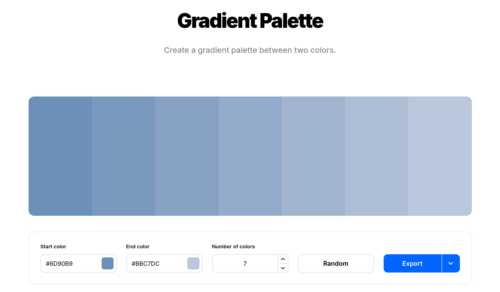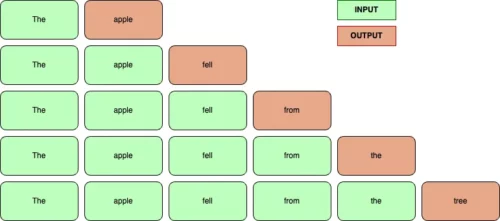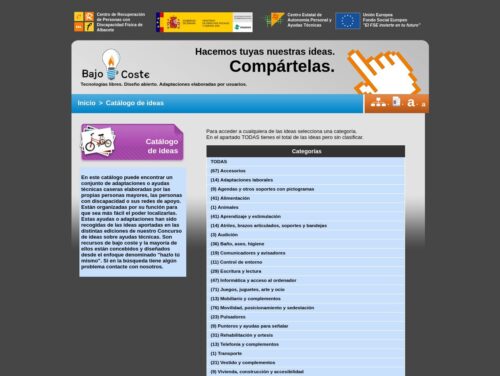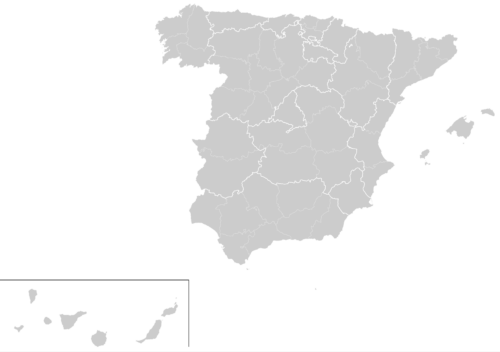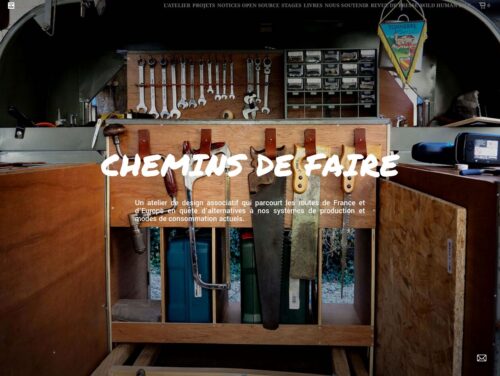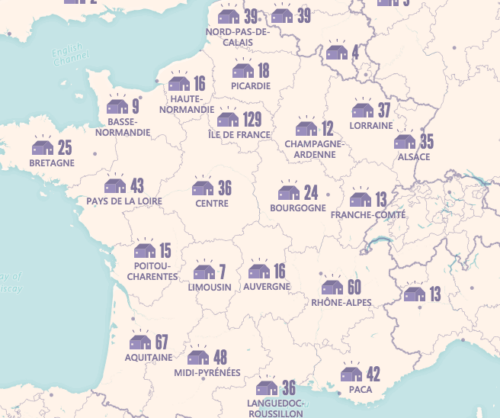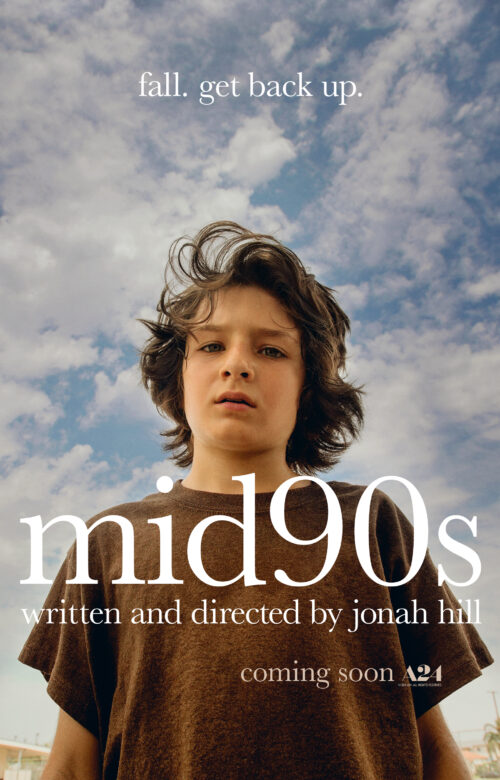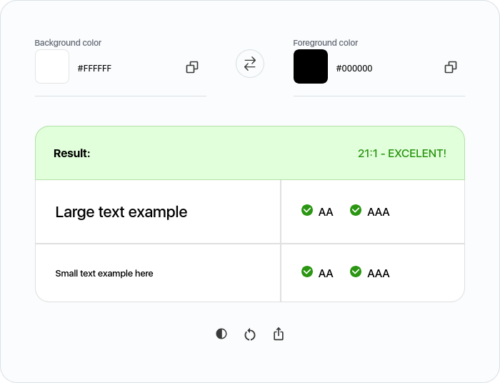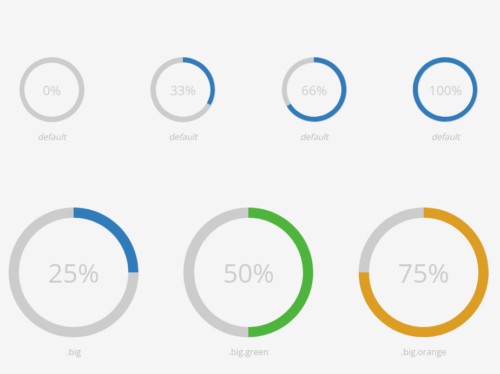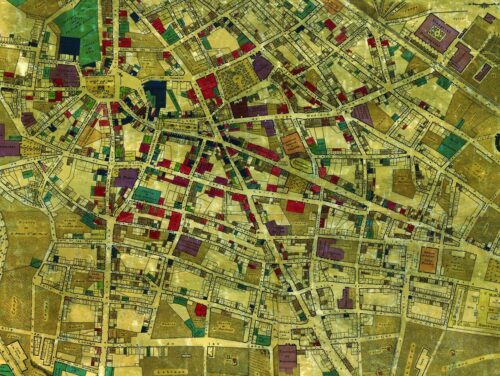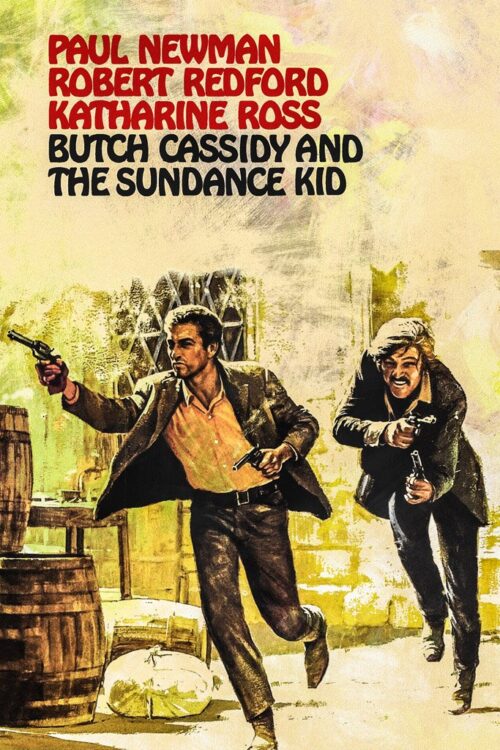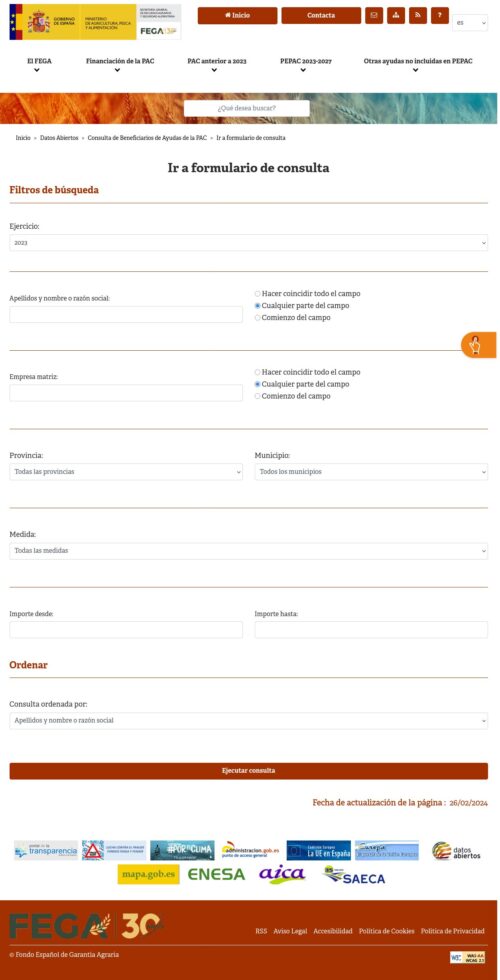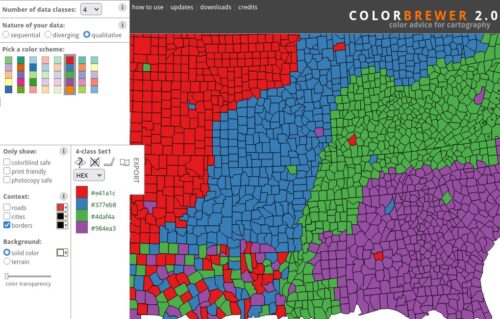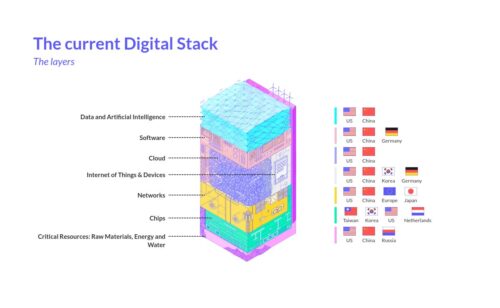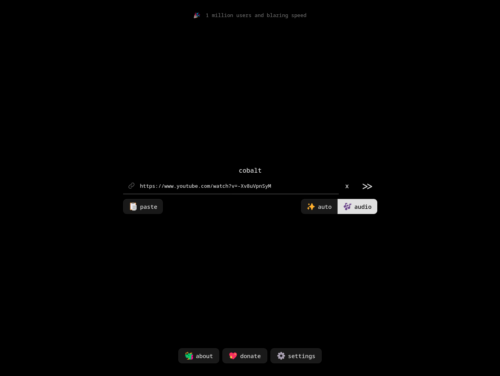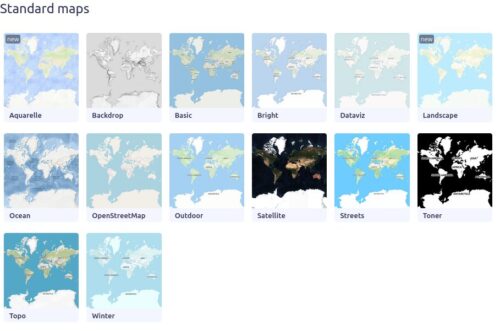Comenzamos a buscar rastros humanos en las ventanas nocturnas cuando vivíamos en Miami, donde rascacielos enteros se mantenían casi vacíos durante gran parte del año. Cuanto más lujoso era el edificio, más grande y oscura era la mancha que recortaba sobre el mar nocturno. Imaginábamos a sus dueños, fondos de inversión incorpóreos, o ultrarricos internacionales, calculando que no les merecía la pena alquilar esos apartamentos, abriéndolos solo durante la feria de arte Art Basel para volar después a otra propiedad similar en Nueva York, París o Londres. Ese Miami era una ciudad rica, y muerta. En comparación, Madrid nos parecía la ciudad más viva y divertida del mundo. Pero ahora, años después de nuestra vuelta, algunos barrios de Madrid, y de Barcelona, y de Málaga, y de muchos otros lugares, también están muertos.
Existe una teoría de la conspiración, inventada en un foro más oscuro que los intereses de las grandes fortunas, que dice que internet murió en 2016. Mitad en serio, mitad en broma, en parte locura, en parte verdad, la teoría del internet muerto defiende que los gobiernos y las grandes corporaciones mantienen a la población bajo control gracias a una red de robots e IAs que simulan interaccionar entre sí, pero que son una fachada. Distraídos, dicen sus inventores, no nos damos cuenta de que X está lleno de bots, en YouTube el tráfico falso es una plaga, Google no llega a las profundidades del internet real, en Facebook y LinkedIn se promueve el contenido generado con IA, la mitad del tráfico web está generado por automatismos, los enlaces están rotos, la web se llena de páginas de calidad pésima creadas por inteligencias generativas. Los humanos, según esta teoría, estamos encerrados en las grandes redes y solo nos relacionamos a través de sus algoritmos. Este Madrid muerto es como el internet muerto, un espejismo sin interacción humana…


